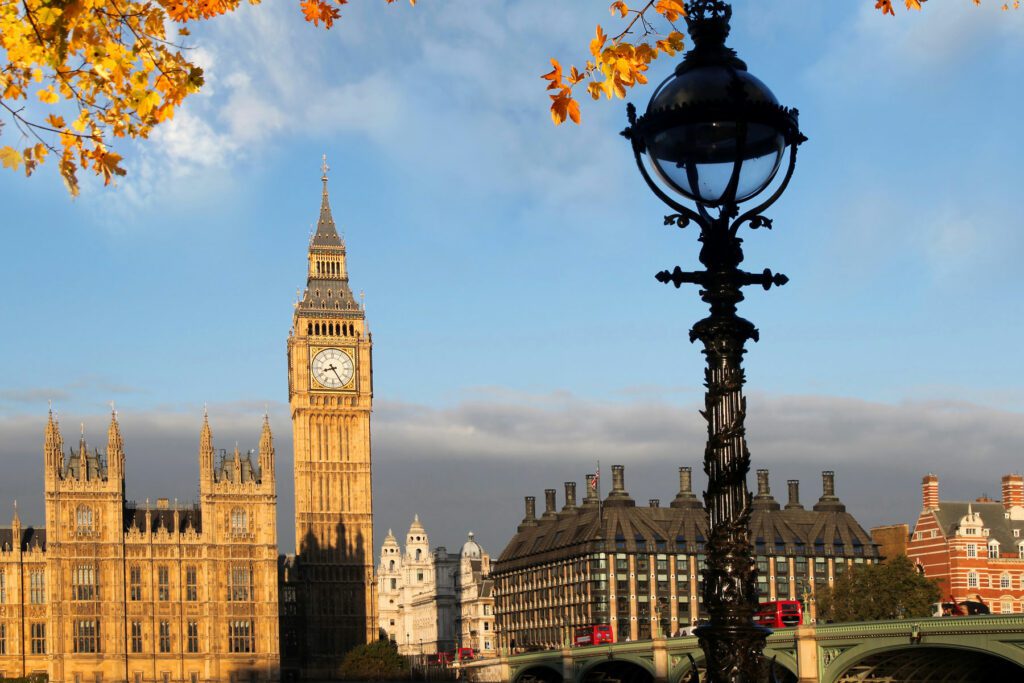Authors
HM Treasury has confirmed that the Autumn Budget will take place slightly later than usual this year, on 26 November 2025. Tax rises are expected due to the growing public debt and there has been much speculation as to what form these could take.
The Government has pledged not to increase income tax, VAT or employees’ National Insurance, but a number of other measures are reportedly being considered, including further possible changes to inheritance tax (IHT), capital gains tax (CGT), property taxes and tax on pensions.
Inheritance Tax (IHT)
The Autumn Budget 2024 introduced a number of significant changes to IHT, including:
- limiting Agricultural and Business Property Relief as from April 2026
- bringing pensions within the IHT net as from April 2027
- freezing thresholds until 2030.
The Treasury is now reported to be considering further reforms to IHT, targeting the rules on lifetime gifting. Currently, an individual can make outright gifts of unlimited value free of IHT if the individual survives for a period of seven years after the gift (known as ‘Potentially Exempt Transfers’ or ‘PETs’). If the individual fails to survive seven years, IHT reduces on a sliding scale from three years onwards (known as ‘Taper Relief’).
There is speculation that the government could either abolish PETs altogether, or change the rules concerning lifetime gifting by increasing the seven-year time period, imposing a cap on the value of lifetime gifts, or amending the taper rules.
Capital Gains Tax (CGT)
At the last Budget, the Chancellor raised the lower rate of CGT from 10% to 18% and the higher rate from 20% to 24%. It is possible that the rates could be raised again. There has also been reports of a possible CGT charge on the sale of higher-value homes, which are currently exempt due to Principal Private Residence Relief (PPR). The Chancellor is said to be considering a “mansion tax”, which would see houses above £1.5 million no longer benefitting from PPR relief. There is also some nervousness about the future of CGT holdover and rollover reliefs, which commonplace and often extremely valuable in a rural business context.
Property Taxes
There have been murmurings of other reforms to property taxes too, including new council tax bands on higher-value homes and potentially replacing stamp duty land tax (SDLT) with a new property tax.
Pensions
Pensions also look to be vulnerable to attack again, with reports that the tax-free pension lump sum will be reduced from the current 25% or £268,275 cap to possibly as low as £100,000. Restricting the benefits of salary sacrifice for employee pension contributions in exchange for reduced pay also seem to be a possibility, as does standardising pension tax relief at 20%, thereby removing the higher rates currently enjoyed by higher and additional rate taxpayers.
Conclusion
At this stage, it is all speculation and making decisions purely based on rumours is not advisable. That said, it is sensible to review your financial and legal affairs before the Autumn Budget to help you take advantage of existing allowances and reliefs before they are altered.
We are advising many clients in relation to how to structure their succession plans in light of the forthcoming changes to APR and BPR from April 2026, and to take advantage of the potential “window of opportunity” for planning before then. Please contact a member of our Tax, Trusts & Succession team for further advice.
Print article


